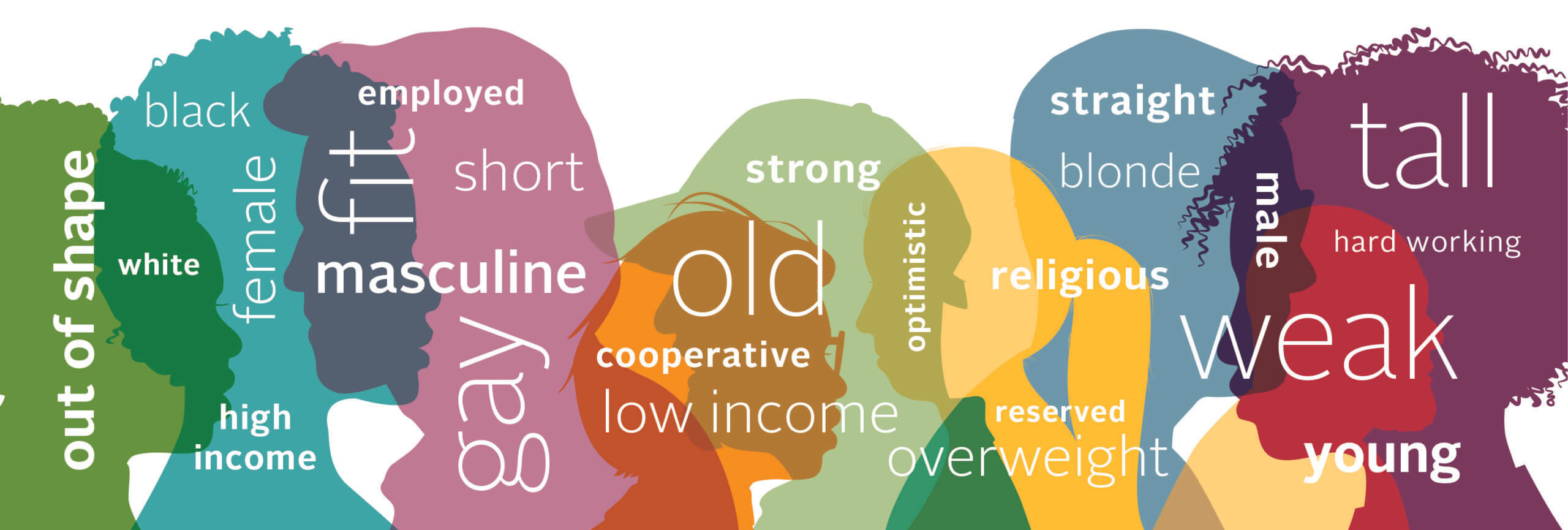 Positive Peace is defined as the attitudes, systems, and structures that create and sustain peaceful societies. As Rotarians, we have a responsibility to take action that empowers society’s most vulnerable communities. Take action starting with yourself, and share these activities with your Rotary Club to create an insightful dialogue on how to create an inclusive space for all Rotarians and peacebuilders. Positive Peace is defined as the attitudes, systems, and structures that create and sustain peaceful societies. As Rotarians, we have a responsibility to take action that empowers society’s most vulnerable communities. Take action starting with yourself, and share these activities with your Rotary Club to create an insightful dialogue on how to create an inclusive space for all Rotarians and peacebuilders.
Learn about your implicit bias
Implicit bias affects everyone. It refers to the attitudes or stereotypes that affect our understanding, actions, and decisions in an unconscious manner, which encompass both favorable and unfavorable assessments of others. Implicit bias is involuntary, meaning it happens without an individual’s awareness or intentional control.
Implicit associations we hold do not necessarily align with our declared beliefs or even reflect stances we explicitly endorse. For instance, someone may have an unconscious favorable bias for their race even when they are not racist and are advocates against racism. The importance of identifying our implicit biases helps us acknowledge our stereotypical errors and attitudes to help us retrain our malleable brains to understand one another at the human level. When we acknowledge our implicit biases, we can then begin to understand how it has played an impeding role in critical opportunities from all domains of life, including housing, education, health, and justice.
 Project Implicit is a series of research studies by Harvard University that help people from all over the world understand the complexities of implicit bias. Take a few tests that cover racial, gender, religious, and many other biases to both help Harvard researchers as well as uncover your own internal attitudes. Project Implicit is a series of research studies by Harvard University that help people from all over the world understand the complexities of implicit bias. Take a few tests that cover racial, gender, religious, and many other biases to both help Harvard researchers as well as uncover your own internal attitudes.
It is exciting to know that we can test where our attitudes stand today and learn from them. Learning more about ourselves and our human nature allows us to discover our true human potential for peace.
|
Leave A Comment
You must be logged in to post a comment.